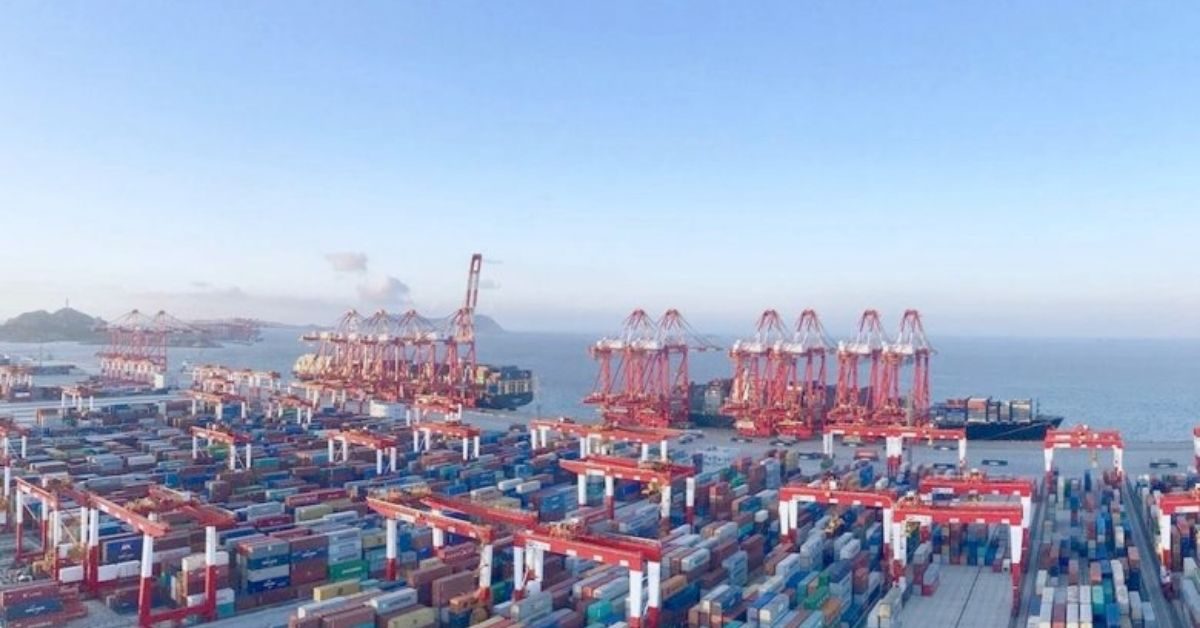Maersk has made a debut in opening up China’s Cabotage market to foreign carriers, by moving China’s first coastal relay of international cargo. The relay involved moving 27 containers from Vancouver, Canada which were loaded onto the container vessel Merete Maersk for transhipment from Shanghai’s Yangshan terminal to Tianjin, Maersk said.
In China, international cargo relay shipments from one Chinese port to another is historically considered cabotage and therefore moving such cargo by foreign carriers was prohibited. Carriers instead use Busan, Singapore and other international ports for transshipment.
But in 2019, China State Council’s launched a plan to boost the development of the international shipping center in Shanghai and, in November 2021, China’s Ministry of Transport announced that international cargo relay would be allowed on a trial basis until the end of 2024. Based on certain conditions and criteria, qualified carriers can use its owned vessels to carry out international cargo relay between Shanghai Yangshan and northern Chinese ports, including Dalian, Tianjin and Qingdao.
“We are proud to be the first foreign company that successfully implements international cargo relay in China,” said Soren Skou, CEO at A.P. Moller – Maersk. “Transshipment in Shanghai allows us to improve services through optimised networks and could also address some of the factors behind the bottlenecks in Chinese supply chains, shortening transit times, reducing emissions and freeing up additional capacity for our customers. We appreciate this initiative by the Chinese authorities. It is an important step towards optimising relay regulations, and we hope it will serve as an inspiration in other geographies where restrictions on international relay still exist.” Maersk says international relay can help to strengthen Shanghai’s role as an international maritime center, with more throughput and revenue generation opportunities. The “network optimization” and shorter transit time can also help to reduce the carbon footprint of ocean transport, Maersk says.





